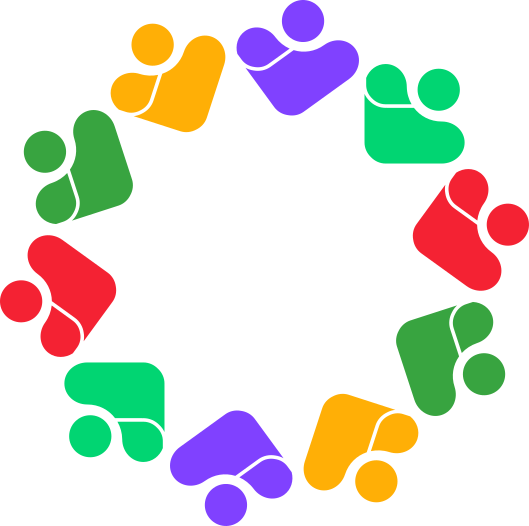Congratulations, high school graduate! As you stand on the cusp of your future, it’s time to make one of the most important decisions of your life: what to study after high school. This journey will shape your career, your personal growth, and your life’s direction. But fear not, as we at Open Minds Campus are here to guide you through the process of choosing the right degree or diploma program and university in South Africa.
Let’s take a walk through the essential steps to make an informed decision about your tertiary education. Whether you’re a student trying to discover your path or a parent seeking guidance for your child, we’ll address your concerns and provide insights tailored to the South African context.
Step 1: Self-Discovery
Before diving into the world of university studies, it’s crucial to take a moment for self-discovery. Reflect on your interests, passions, strengths, and weaknesses. Ask yourself:
– What subjects or topics do I enjoy?
– What are my skills and talents?
– What are my long-term career goals?
Understanding yourself better will help you narrow down your options and identify areas of university study that align with your personal and professional aspirations.
Step 2: Research Tertiary Institutions
South Africa boasts a diverse array of universities and tertiary institutions, each offering unique programs and opportunities. Here are some key considerations when researching institutions:
1. Accreditation: Ensure that the institution and the program you’re interested in are accredited by the Council on Higher Education (CHE) or relevant accrediting bodies.
2. Location: Think about the geographical location of the institution. Do you prefer studying in a big city or a smaller town?
3. Campus Facilities: Evaluate the facilities, resources, and campus environment of the university or institution to ensure they align with your needs and preferences.
4. Program Offerings: Research the range of degrees and diplomas offered by different institutions. Some universities excel in specific fields, so choose accordingly.
5. Financial Considerations: Consider tuition fees, available scholarships, and financial aid options to make your education financially sustainable.
Step 3: Explore Degree and Diploma Options
Once you’ve identified your interests and potential institutions, it’s time to explore degree and diploma options. South African universities offer a wide range of programs, from humanities to STEM fields and everything in between for university students. Here are some popular choices:
1. Bachelor’s Degrees: These are typically 3-4 year programs and include fields like Engineering, Medicine, Law, and Business.
2. Diplomas: Diploma programs are often shorter in duration (1-3 years) and focus on practical skills and specific industries like Hospitality, Tourism, and Information Technology.
3. Further Education and Training (FET) Colleges: FET colleges offer a variety of vocational and technical courses that can lead to employment or further study at universities.
Step 4: Admission Requirements
Understanding the admission requirements for your chosen university and program is crucial. These requirements may include:
– Minimum subject-specific marks (e.g., mathematics or science for engineering programs).
– National Benchmark Test (NBT) scores.
– Matriculation endorsement for certain courses.
– Language proficiency (English or Afrikaans).
– Portfolio submissions (for creative arts or design programs).
Ensure that you meet these requirements and have all necessary documents ready for the application process.
People Also Ask:
1. What are the requirements to study at a tertiary institution?
The specific requirements vary depending on the institution and program. Common requirements include meeting minimum subject-specific marks, NBT scores, and language proficiency. Be sure to check the admission criteria of your chosen institution.
2. What are your options when you struggle to get good grades in school but you still want to study?
If your high school grades are not stellar, consider enrolling in bridging or foundation programs offered by some institutions. These programs can help you improve your academic skills and gain admission to your desired program.
3. How to get work experience while studying?
Many universities and colleges offer internship and co-op programs that allow students to gain practical work experience while studying. Additionally, part-time jobs and volunteer opportunities can help you build a professional network.
4. Is it worth it to get a degree?
Earning a degree can open doors to a wide range of career opportunities and typically leads to higher earning potential over a lifetime. However, it’s essential to choose a degree that aligns with your interests and career goals to maximize its value.
5. What are the best choices for degrees in the 21st century?
In the 21st century, degrees in STEM fields (Science, Technology, Engineering, and Mathematics), healthcare, and data analytics are in high demand. However, the best choice ultimately depends on your interests and strengths.
Conclusion
Choosing what to study after high school is a significant decision that requires careful consideration. By following the steps outlined in this guide and conducting thorough research, you can make an informed choice that sets you on the path to success. Remember that your education is an investment in your future, and with dedication and passion, you can achieve your academic and career goals in South Africa’s vibrant tertiary education landscape.



